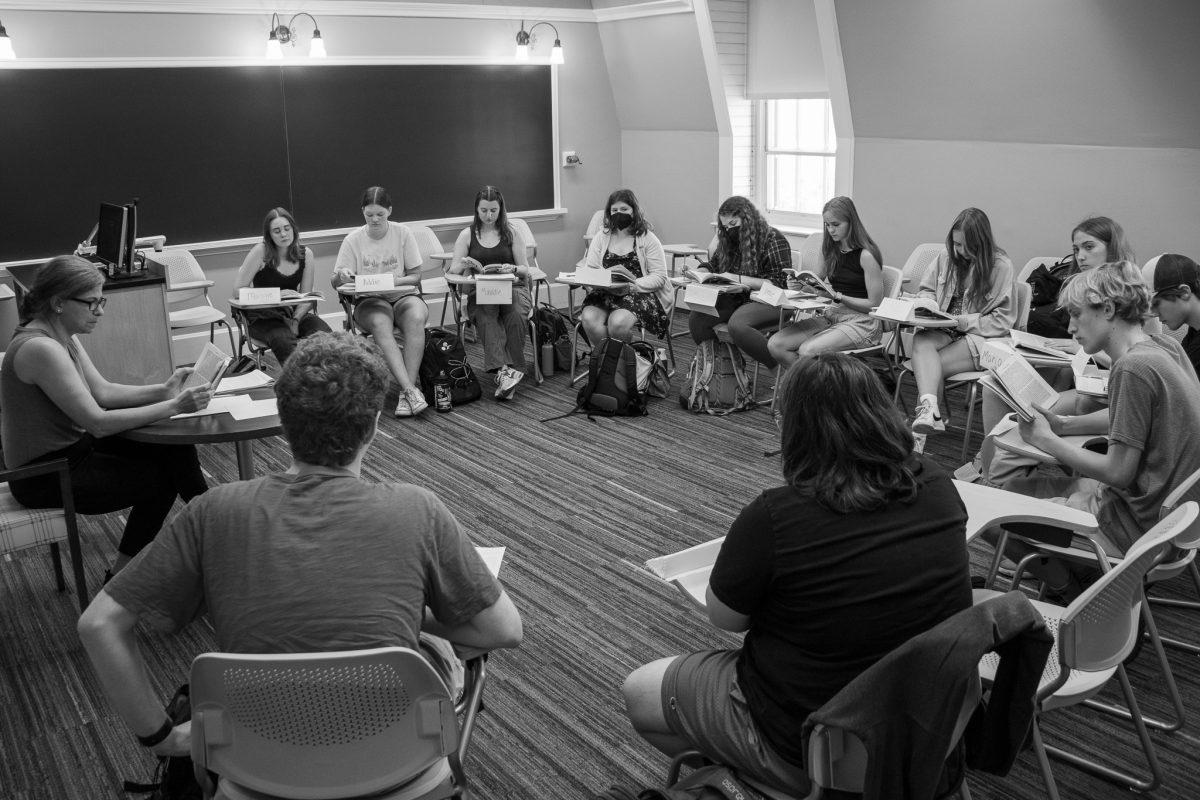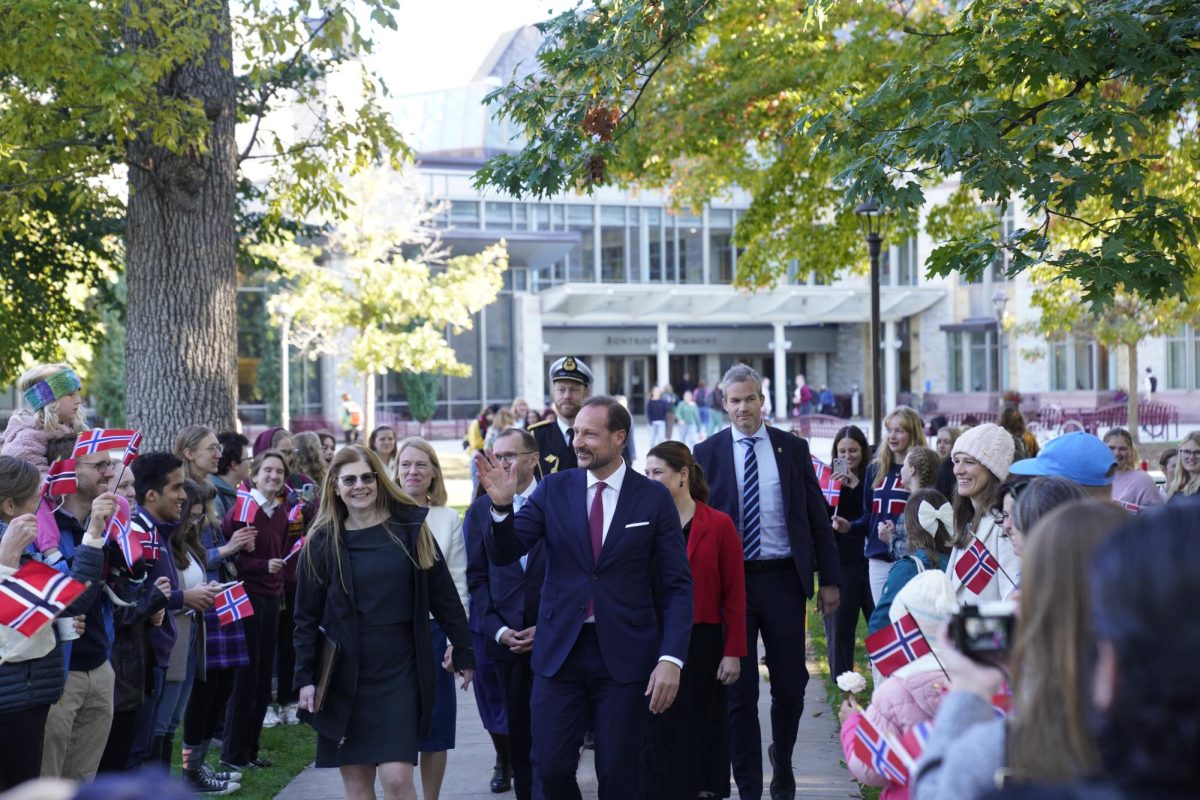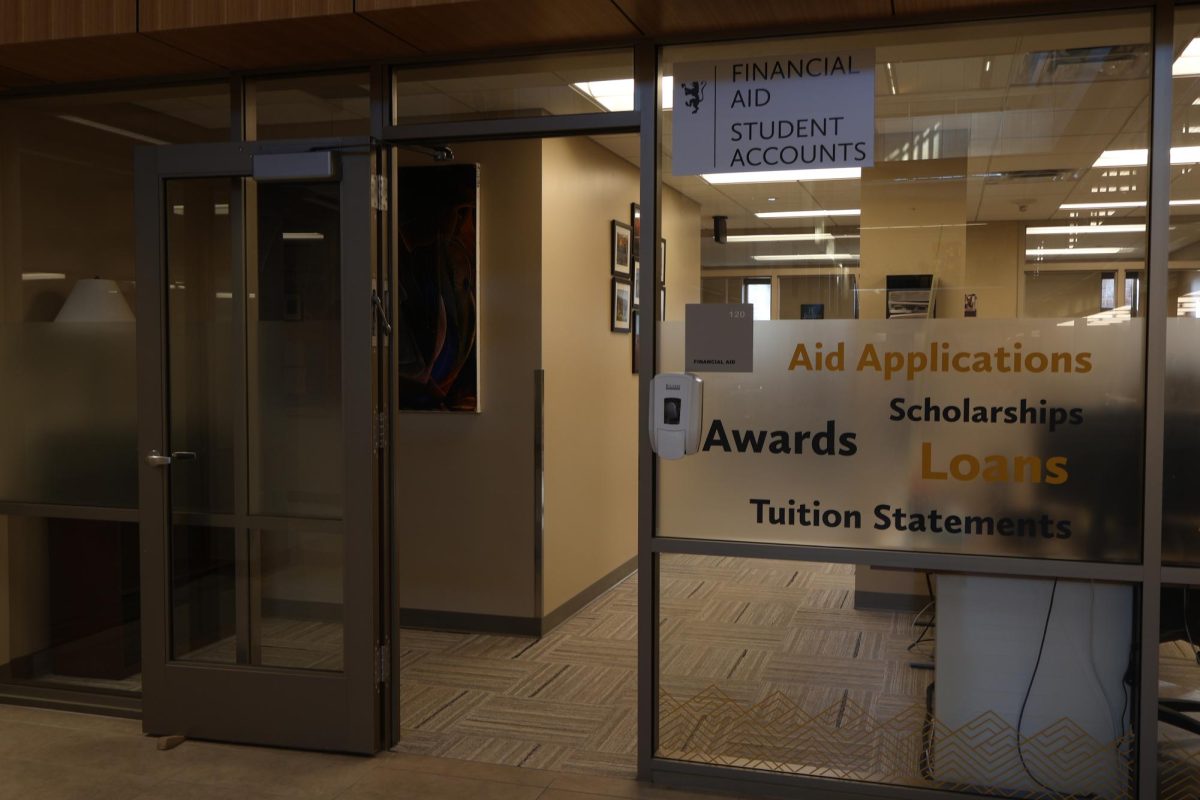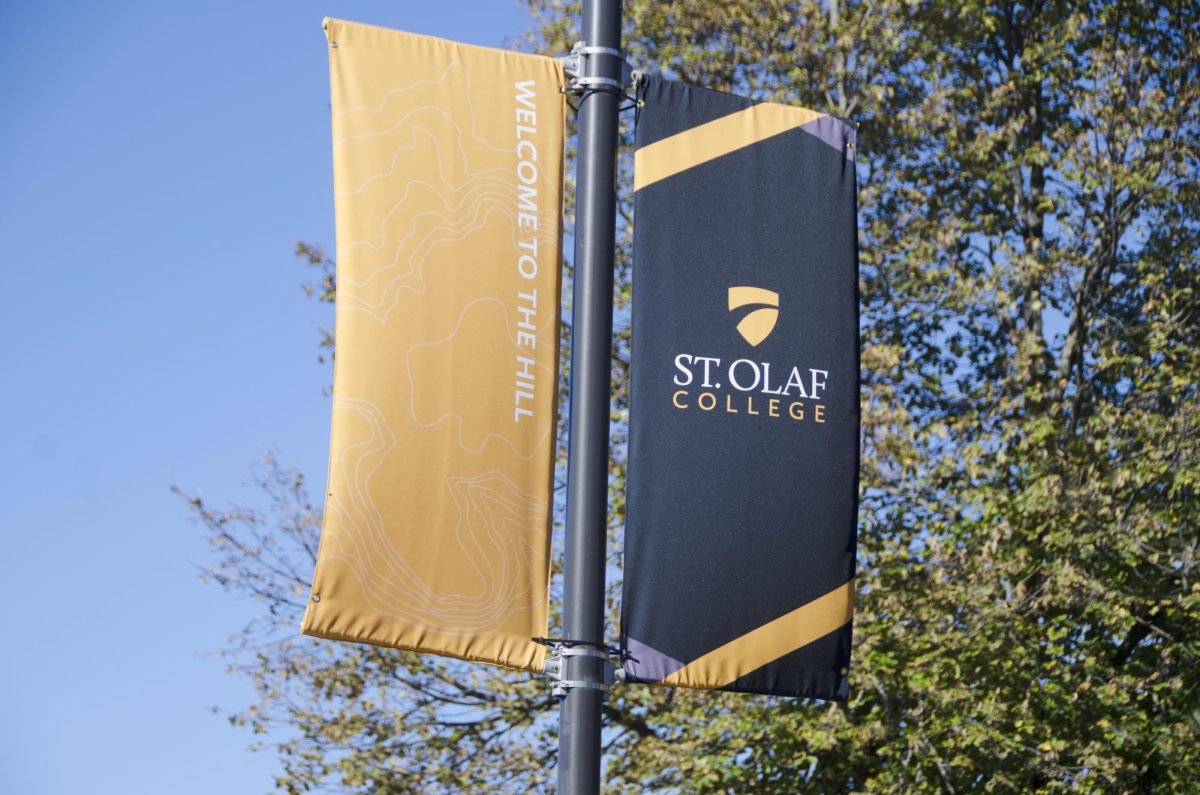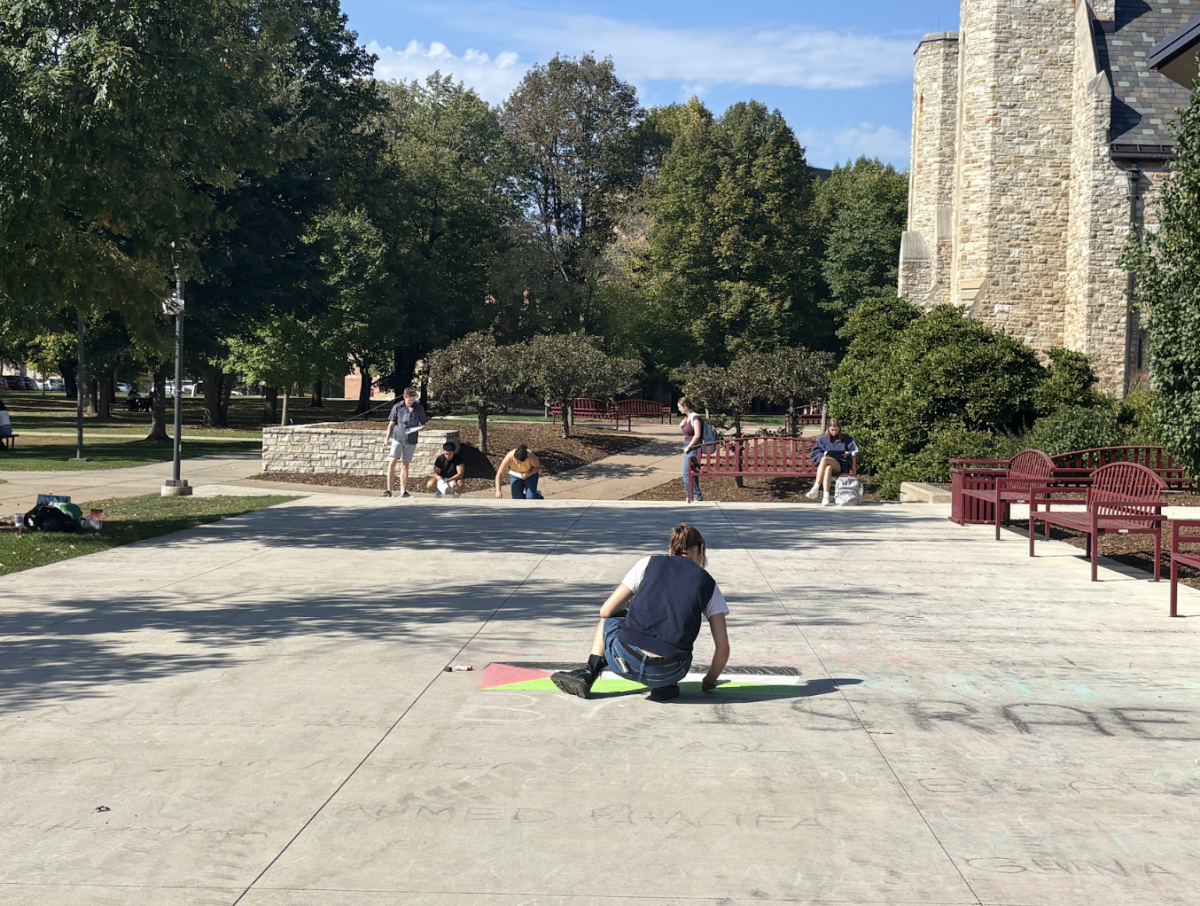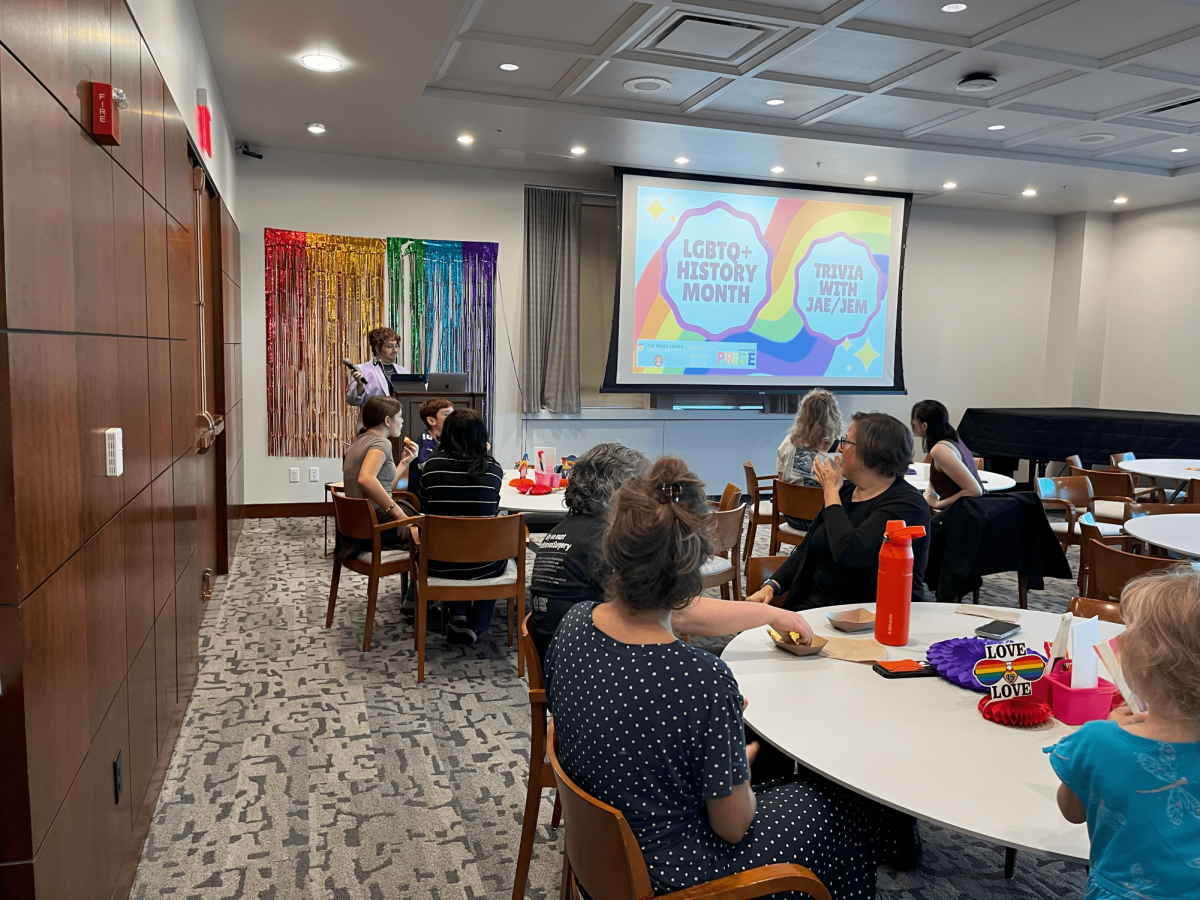Sophomore Enduring Question students in lecture. Megan Lu/The Olaf Messenger
The conversation programs at St. Olaf are an integral part of many students’ academic journey. The college offers various programs such as Asian Conversations, American Conversations, and Great Conversation, now named Enduring Questions. Since its inception, many students and faculty have noticed evolution within the program.
According to the Director of the Enduring Questions program, Professor Ibtesam Al Atiyat, there were increasing calls for change from both faculty members and students. Initially, the change started with the name of the program, switching from Great Conversation to Enduring Questions because of its Eurocentricity. However, the effort now is going into changing the entire program and its curriculum. Students came together to create a treatise as to what they wanted to see changed in the program and sent it out to the faculty. Al Atiyat was one of the professors who encouraged the students to speak up and incite change within the program.
Many were concerned that the program’s goal was being advertised as “celebrating European identity and Western culture.” Lissete Trinidad Mejia ’24 was one of the nine students who created a treatise to change the curriculum alongside the name change. “Our goal was never to bash or complain about the program, we made that very clear to ourselves as a group that our goal was to open a discussion about the program,” Trinidad Mejia said. She and other students felt that the name change was an empty attempt at inclusivity.
Originally the Enduring Questions curriculum evolved around the fictional chronology that civilization started with the Greeks and ended in the 21st century, a myth perpetrated by many history textbooks and other representations of history. Now, the program aims to create a genealogy of human curiosities, ideas, and enduring questions. This is expressed through themes such as love, nature, fate, faith, revolution, and heroism. Each theme will include a diverse set of authors who contribute to it in a unique way, making it more inclusive and less Eurocentric.
Program changes are still ongoing despite the new implementations of reduced reading lists and expanding authorship.
